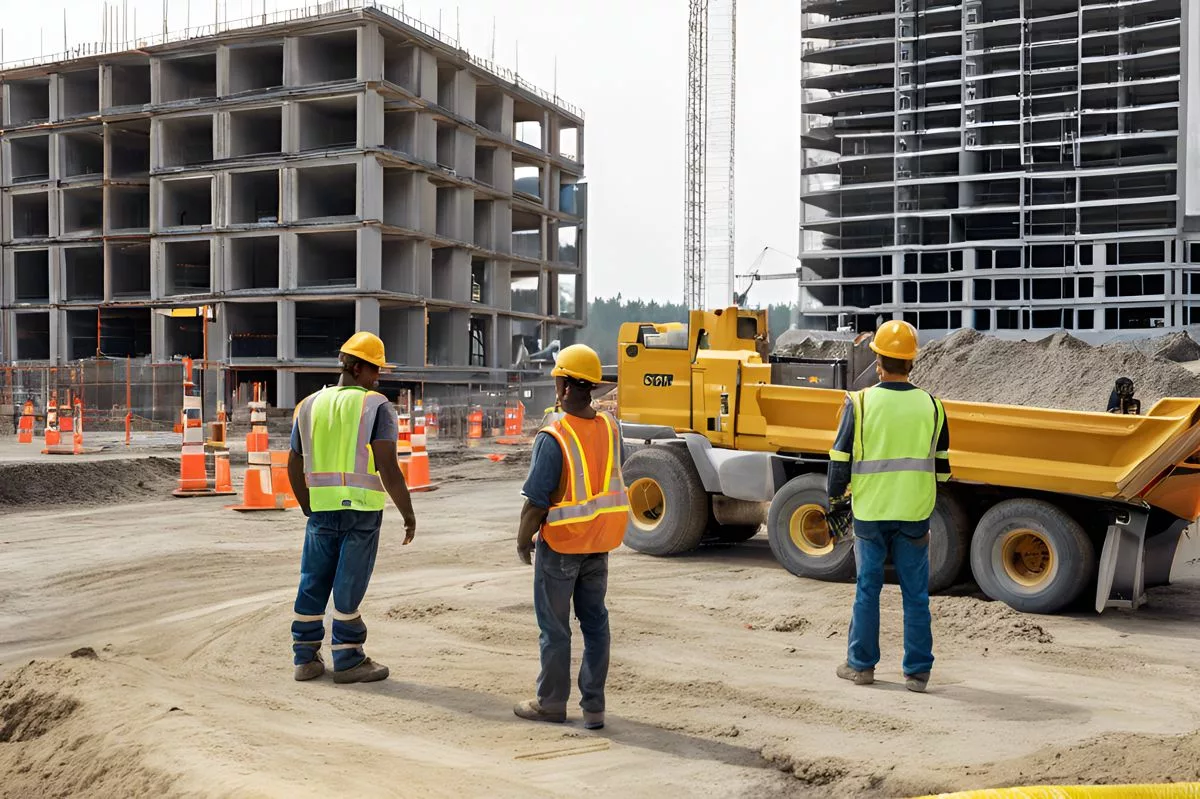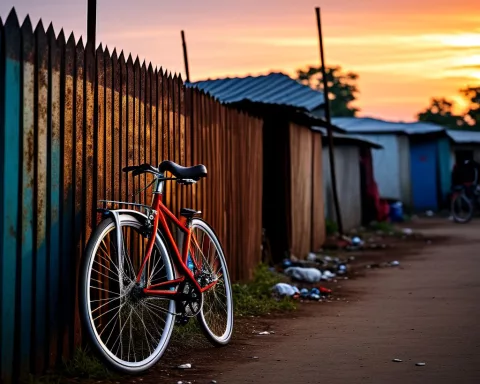The Expanded Public Works Programme (EPWP) presents a promising solution for the improvement of South Africa’s informal settlements, which have been plagued by policy confusion and administrative red tape. EPWP workers, often residents of the communities they serve, could manage intricate relationships necessary for upgrading informal settlements and repair strained relationships between informal communities and their municipal governments. To fully harness the potential of the EPWP, changes such as lengthening the employment limit and creating pathways for workers to transition into municipal human settlement departments are necessary, which could become an emergency lifeline for stalled housing and upgrading projects.
Can the Expanded Public Works Programme Revitalize South Africa’s Informal Settlements?
The Expanded Public Works Programme (EPWP) offers promising potential for the upliftment of South Africa’s informal settlements. The EPWP workforce, often residents of the very communities they serve, could help manage the intricate relationships necessary for upgrading informal settlements. To fully harness the potential of the EPWP, changes such as lengthening the employment limit and creating pathways for workers to transition into municipal human settlement departments are necessary. This program could become an emergency lifeline for housing and upgrading projects stuck in limbo due to lack of resources or local political disputes.
The Prevailing Issue of Informal Settlements
South Africa’s urban landscape is largely characterized by informal settlements, a situation that shows no signs of abating. There is a constant demand for livable homes, significantly outpacing the government’s ability to provide them. The process of improving these settlements is mired in policy confusion and administrative red tape, slowing progress to a snail’s pace. This dire situation calls for fresh ideas and innovative solutions across the entire system.
The Promising Potential of the Expanded Public Works Programme
One such promising solution lies in the potential of the Expanded Public Works Programme (EPWP), which made its debut in 1998 as the National Public Works Programme. Originally created to combat rampant unemployment and deep-seated poverty, the EPWP has provided numerous citizens with temporary, low-skilled work, albeit at modest wages. Despite recent attempts to offer higher-level skills and more long-term employment opportunities, the results have been patchy at best. However, the successes of the ‘Working for Fire‘ and ‘Water’ programmes give us a glimpse of what is possible.
The EPWP programme represents a largely untapped reservoir of potential for the upliftment of informal settlements. The process of upgrading these settlements often stumbles at the first hurdle: the establishment of official community structures. Added to that, the challenges of mapping and enumerating structures, tracking arrivals, departures, and demolitions, as well as managing the spatial reorganisation of settlements to make way for necessary infrastructure like roads, can be overwhelming. Then there’s the difficulty of navigating the installation and maintenance of alternative infrastructure, such as solar lighting, and essential utilities like taps and toilets.
The Role of EPWP Workers in Upgrading Informal Settlements
The EPWP workforce, often residents of the very informal communities they serve and supported by civic organizations, could fill many of these roles. Their deep understanding of their communities and existing relationships places them in a perfect position to manage the intricate relationships necessary for on-the-spot upgrading of informal settlements. This human-centered approach, something currently lacking in state-led efforts, could help repair the strained relationships between informal communities and their municipal governments.
The potential effectiveness of this approach can be seen in the Informal Settlements Support Programme (ISSP). In the Western Cape town of Villiersdorp, EPWP workers were trained to enumerate, map, and number over 4,000 structures, leading to significant progress.
Optimizing the EPWP for Sustained Impact
To fully harness the potential of the EPWP, certain changes are necessary. These include lengthening the current six-month employment limit and creating pathways for workers to transition into roles within municipal human settlement departments after their tenure. This initiative would also further the core aim of the EPWP of enhancing long-term skills and employability.
This program could become an emergency lifeline for housing and upgrading projects stuck in limbo due to lack of resources or local political disputes. In such circumstances, project-specific funding could be reallocated to the EPWP as a stopgap measure to get stalled projects back on track, thereby preventing the return of unused funds to the Treasury.
The EPWP offers a unique chance for the government to test a new strategy aimed at improving human settlements. Small-scale, non-governmental organization-supported pilot projects could pave the way for a wave of scalable, replicable projects. This initiative could be the catalyst needed to overhaul South Africa’s housing landscape, delivering much-needed positive change.
1. What is the Expanded Public Works Programme (EPWP)?
The Expanded Public Works Programme (EPWP) is a program that provides temporary, low-skilled work opportunities to combat rampant unemployment and poverty in South Africa. It has the potential to provide emergency lifelines for stalled housing and upgrading projects.
2. How can the EPWP help to upgrade informal settlements in South Africa?
EPWP workers, often residents of the communities they serve, have a deep understanding of these communities and existing relationships with their municipal governments. They could manage the intricate relationships necessary for upgrading informal settlements and repair strained relationships between informal communities and their municipal governments.
3. What are the challenges of improving informal settlements in South Africa?
The process of improving informal settlements in South Africa is slow due to policy confusion and administrative red tape. Additionally, the establishment of official community structures and managing the spatial reorganisation of settlements to make way for necessary infrastructure can be overwhelming.
4. How can EPWP workers optimize the upgrading of informal settlements?
EPWP workers could be trained to enumerate, map, and number structures, leading to significant progress. Their human-centered approach, something currently lacking in state-led efforts, could help repair the strained relationships between informal communities and their municipal governments.
5. What changes are necessary to fully harness the potential of the EPWP?
Changes such as lengthening the current six-month employment limit and creating pathways for workers to transition into roles within municipal human settlement departments after their tenure are necessary to fully harness the potential of the EPWP.
6. What is the potential impact of the EPWP on South Africa’s housing landscape?
The EPWP offers a unique chance for the government to test a new strategy aimed at improving human settlements in South Africa. It has the potential to overhaul South Africa’s housing landscape, delivering much-needed positive change and providing emergency lifelines for stalled housing and upgrading projects.












